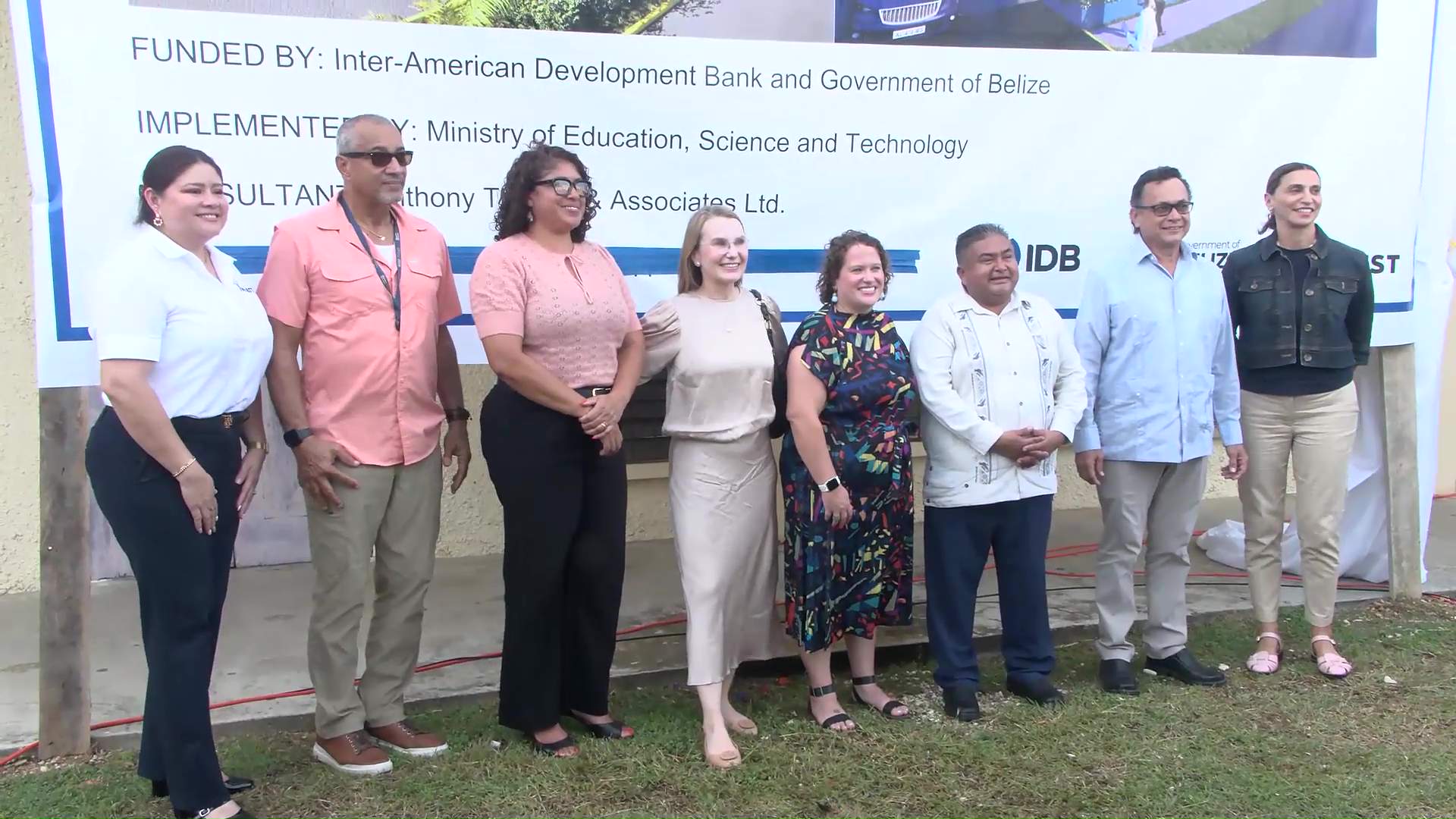Belize City is poised to become a hub for sustainable economic education with the establishment of the country’s first Center for Blue and Green Economy. Located at ITVET Belize City, the project is a collaborative effort between the Government of Belize and the Inter-American Development Bank (IDB), with an investment of nearly two million dollars. The initiative aims to transform an existing structure into a state-of-the-art training facility, equipping Belizeans with the skills needed for emerging job markets in sustainability and environmental management. The groundbreaking ceremony, held on October 23, 2025, marked the official start of this transformative project. Minister of Education Oscar Requena highlighted the center’s focus on preparing young people, particularly women, for careers in renewable energy, marine resource management, and sustainable construction. The facility will feature advanced laboratories, including a GIS lab and an engineering lab, and will be designed to meet green building certification standards. IDB Country Representative Karla Gonzalez emphasized the center’s role in addressing skill gaps and fostering innovation in education. This project is part of a broader government strategy to enhance technical and vocational training across Belize, contributing to national development and economic resilience.
博客
-
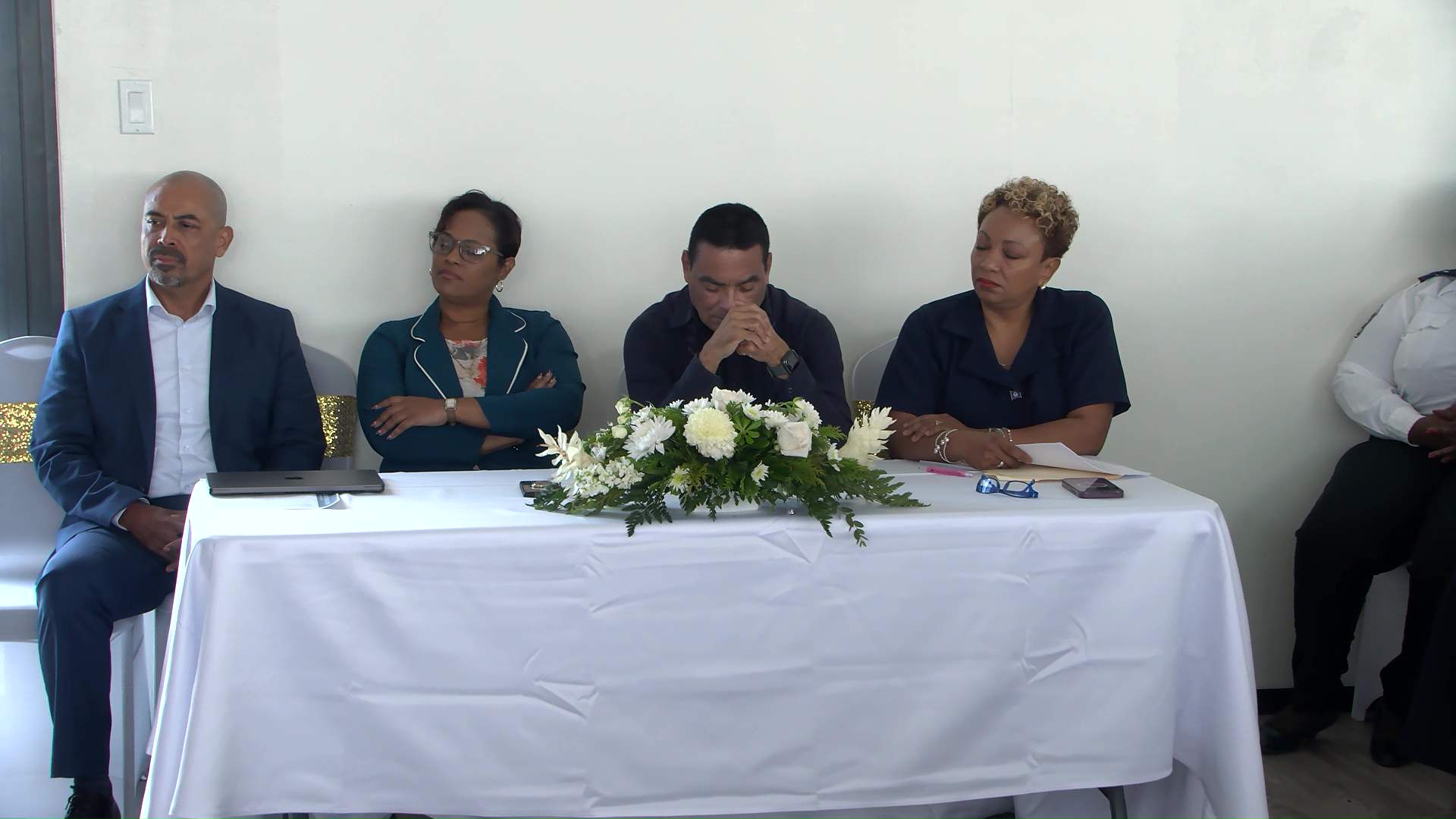
Immigration Proposes Strategic Plan to Improve Services
The Ministry of Immigration in Belize has taken a significant step toward addressing long-standing issues with its services by unveiling a comprehensive strategic plan. On October 23, 2025, the ministry hosted a stakeholder consultation in Belize City to present the draft plan, which aims to streamline processes, improve transparency, and enhance overall service delivery. The initiative, nearly a year in the making, involved extensive internal discussions with staff across regions, from Toledo to San Pedro and the Banque border. The plan focuses on key areas such as improving human resource performance, addressing service deficiencies, strengthening enforcement, and refining the refugee support system. Tanya Santos, CEO of the Ministry of Immigration, emphasized the importance of stakeholder input, inviting feedback from public and private sector partners, international organizations, civil society, and other government agencies. The consultation marks a pivotal moment in the ministry’s efforts to modernize and optimize its operations, with the goal of resolving persistent challenges faced by users of immigration services.
-
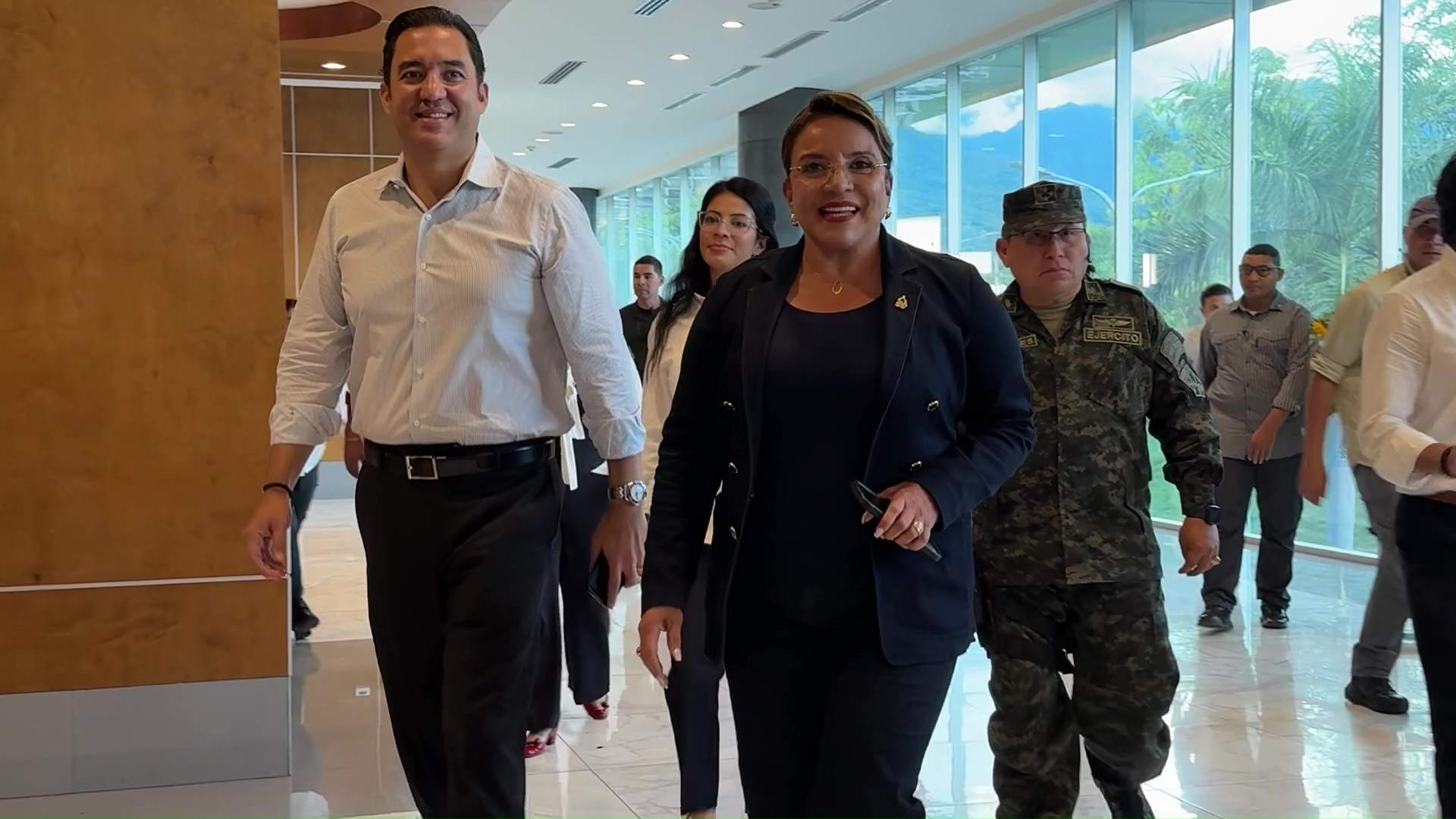
Honduras President Underscores Unity at Travel Market 2025
The Central America Travel Market 2025, hosted in San Pedro Sula, Honduras, has become a focal point for regional tourism collaboration. The event’s second day featured dynamic business-to-business meetings and networking sessions, but the highlight was the unexpected visit of Honduras’ President, Xiomara Castro. Her presence not only highlighted national pride in hosting the event but also reinforced Honduras’ dedication to fostering tourism growth both domestically and across Central America. President Castro toured the exhibition floor, engaging with private sector representatives and regional stakeholders, including Belize’s Pro Tempore of FEDECATUR, Efren Perez. Vice Minister of Tourism Reizel Vilorio emphasized that the President’s participation symbolized unity and collective effort, showcasing Central America’s potential as a premier global travel destination. Vilorio noted that Castro’s visit underscored the government’s support for the private sector and its commitment to developing tourism products that benefit the entire region. The President expressed her admiration for the event’s scale and the collaborative spirit among participants, further solidifying the region’s reputation as a hub for innovative tourism initiatives.
-
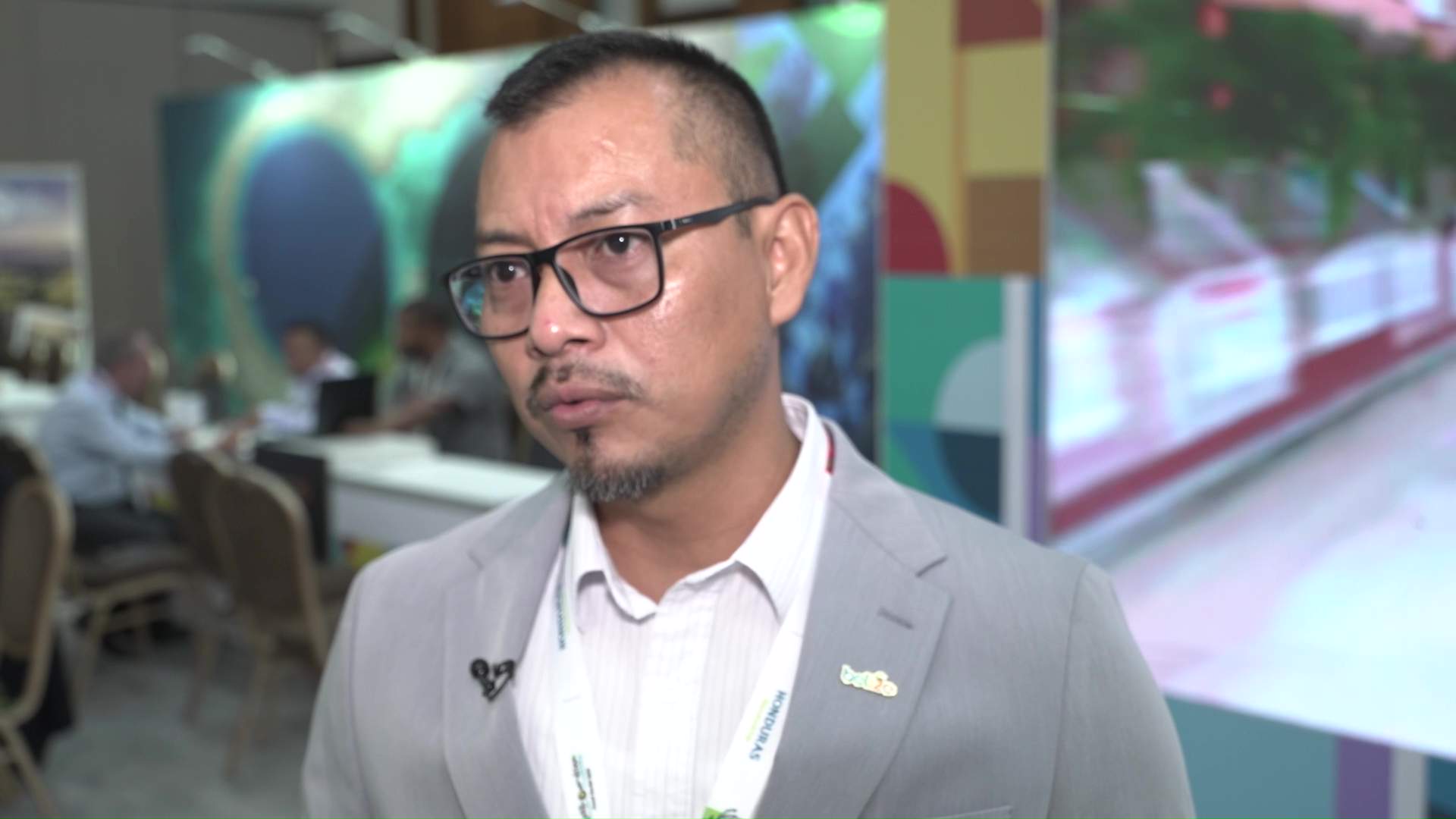
Central America Targets Connectivity Fix to Boost Regional Tourism
Central America is taking significant steps to address its connectivity challenges, which have long hindered the growth of its tourism sector. Despite marketing itself as a unified, multi-destination region, the lack of seamless air and land routes continues to restrict travelers’ ability to move freely between countries. Efren Perez, Pro Tem President of the Federation of Central American Tourism Chambers and President of the Belize Tourism Industry Association, emphasized the importance of this issue during a recent regional meeting. Key organizations such as the Central American Tourism Agency and FEDECATUR are collaborating to develop solutions that improve cross-border access, revisit the CA-4 Agreement, and strengthen partnerships with regional airlines. Perez highlighted that these efforts are part of a broader strategy to make travel within the region more accessible, encourage longer stays, and elevate Central America’s position on the global tourism map. During the meeting, Perez also discussed the need for regional immigration reforms and the integration of the private sector into promotional strategies. He provided an example of how travelers moving from Honduras to Belize might not require a round-trip ticket if they are engaging in multi-destination travel, which is a key focus of the region’s tourism promotion. Perez stressed the importance of balancing border security with the need to maintain a smooth flow of tourists. The private sector is actively working with government agencies to propose solutions that enhance connectivity and improve the overall tourism experience. These initiatives are expected to be a central topic in ongoing regional discussions, with the goal of fostering a more integrated and attractive tourism market in Central America.
-

Sandals Halcyon health fair focuses on breast cancer and more
In a significant initiative to promote health and wellness, Sandals Halcyon Beach Resorts partnered with the Ministry of Health, Wellness, and Elderly Affairs to organize a health fair on October 22. This event was part of the global observance of Breast Cancer Awareness Month and aimed to provide a wide range of health services to the resort’s employees. Shannelle Coore, the HR manager at Sandals Halcyon, emphasized the importance of the health fair, stating that it is an annual event designed to offer accessible health services and information to all team members. The fair covered various aspects of health, including breast cancer awareness, sexual health, mental health, and more. Coore highlighted the critical role of a healthy workforce, noting that educating employees on health measures can positively impact their families as well. The event was not limited to line staff but was open to the entire workforce, ensuring comprehensive participation. Shirlan Edward, a family life educator at the Ministry of Health, expressed her department’s satisfaction in bringing essential services to the resort’s staff. The health fair included services such as blood pressure and blood sugar testing, pap smears, breast screenings, rapid testing for infectious diseases, dental screenings, and body measurements by the nutrition unit. Additionally, the event featured an information table on environmental health and mental health nurses available for consultations. Edward stressed the importance of mental health awareness, particularly in the workplace, and noted that the Ministry of Health has been actively involved in various activities throughout October to raise awareness about breast cancer. These activities included pink Fridays and collaborations with schools and workplaces like Sandals Halcyon Beach Resorts. The health fair ran from mid-morning until late afternoon, providing an invaluable opportunity for the resort’s team members to prioritize their health and well-being.
-

Tropical Storm Melissa leaves over a million without water in the Dominican Republic
The Dominican Republic is grappling with the devastating aftermath of Tropical Storm Melissa, which has wreaked havoc across the nation. The Emergency Operations Center (COE) revealed that the storm has damaged 183 homes, displaced 915 individuals, and forced 61 people into emergency shelters. Additionally, 19 communities have been cut off due to the storm’s impact, while critical infrastructure has suffered significant damage. Over 1.1 million residents are currently without access to clean drinking water, exacerbating the crisis. The National Institute of Drinking Water and Sewerage (INAPA) reported that 56 aqueducts were severely affected, with 53 completely non-operational and three partially functioning. This disruption has impacted more than 610,000 users. Furthermore, the CAASD suspended operations at the Isa Mana and Duey systems due to water turbidity, leaving an additional 405,000 residents in Santo Domingo Oeste, Pedro Brand, Los Alcarrizos, and parts of the National District without water. The Ministry of Public Works (MOPC) has mobilized emergency teams to clear debris, remove fallen trees, and reopen blocked roads. Landslides have disrupted key routes, including the Cabrera–Loma Alta highway in María Trinidad Sánchez and the El Manaclar road in Peravia. Cleanup efforts are ongoing in Barahona, Pedernales, San Juan, Monte Plata, and Duarte. In Greater Santo Domingo, the overflow of Bonavides Creek caused severe flooding and landslides, damaging numerous homes. Neighborhoods such as Arroyo Hondo, Villas Agrícolas, Capotillo, and Herrera witnessed evacuations and structural damage. Similar conditions were reported in San Cristóbal, Barahona, and San José de Ocoa, where rising rivers have isolated several communities.
-
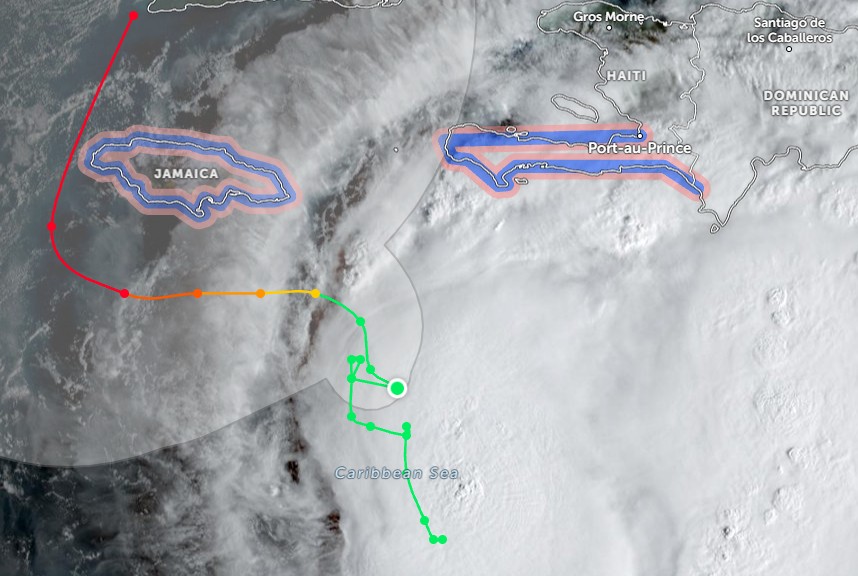
Jamaica declares state of emergency ahead of Tropical Storm Melissa
The Jamaican government has initiated a nationwide state of emergency in hospitals and ordered the closure of schools as Tropical Storm Melissa approaches the Caribbean region. The U.S. National Hurricane Center (NHC) warns that the storm could intensify into a hurricane over the weekend, posing significant risks to Jamaica, Haiti, and eastern Cuba. Health Minister Christopher Tufton announced the suspension of elective surgeries and non-urgent hospital admissions to prioritize resources for potential storm-related emergencies. Families of stable patients have been urged to temporarily relocate them, while 702 healthcare professionals have been mobilized across the country to bolster emergency response efforts. The national emergency center has been fully activated in coordination with regional health authorities. Simultaneously, the Ministry of Education has suspended all in-person classes in public and private institutions to ensure the safety of students and staff. According to the NHC, Melissa is currently located 345 km southeast of Kingston and 440 km southwest of Port-au-Prince, with sustained winds of 85 km/h and moving northwest at 7 km/h. The storm is expected to bring torrential rains, powerful winds, and hazardous coastal surges. In the Dominican Republic, over 647,000 people are without drinking water due to rainfall disrupting supply systems, while Haiti remains on high alert for flooding and landslides in vulnerable areas.
-

Recensie: Hariandi Todirijo – Liliek en de onzichtbare spuiter
Hariandi Todirijo, a multifaceted artist known for his work as a poet, writer, and photographer, has emerged as the winner of the 2023 Donner/Self Reliance Writing Contest with his novella, ‘Liliek en de onzichtbare spuiter.’ Originally trained in technological sciences, Todirijo later found his calling in journalism, contributing to publications like ‘de Ware Tijd.’ His literary prowess was further recognized in 2022 when he was nominated for the Ibis Prize in both prose and poetry categories.
The novella, spanning 104 pages, is distinguished by its use of Surinamese-Dutch, a variant of the Dutch language, interspersed with words from Sranan and Surinamese-Javanese. This linguistic choice not only enriches the narrative but also highlights the cultural diversity of Suriname. The story is set in Lelydorp, a town in Suriname, and is believed to take place in the latter half of the 20th century. References to Suralco’s mining activities and beverages like Spur Cola from Canada Dry provide a vivid historical backdrop.
‘Liliek en de onzichtbare spuiter’ is the first literary work to offer an insider’s perspective on Lelydorp. The protagonist, Liliek, a curious boy, becomes fascinated by tales of an ‘invisible sprayer’ haunting the public cemetery on Schotelweg. Despite his father’s knowledge of the area, Liliek embarks on a personal investigation, uncovering the deep-seated fears and reverence for spiritual forces within the community.
Todirijo masterfully builds suspense, keeping readers engaged until the very end. The dialogues are authentic, reflecting the community’s speech patterns. The novella explores themes of tradition, faith, and curiosity, presenting a universal story rooted in Surinamese reality. Liliek’s character, driven by a thirst for knowledge and a sense of community, resonates with young readers.
The book is set to be presented on Wednesday, October 29, 2025, at B.S. Het Park at 7:00 PM. ‘Liliek en de onzichtbare spuiter’ is not just a literary achievement but also a cultural tribute to the spiritual and cultural richness of Lelydorp.
-
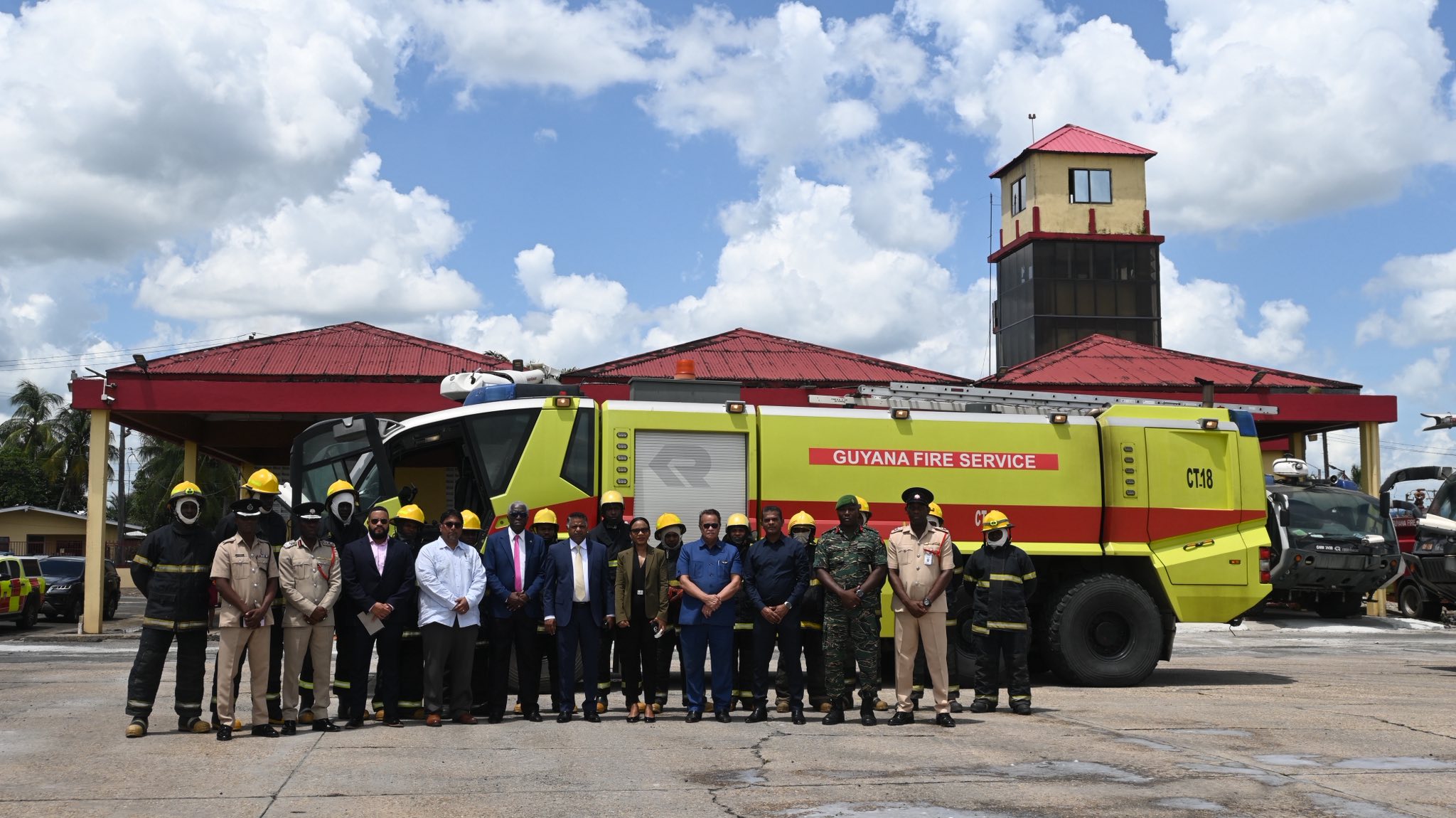
GCAA denies downgrading CJIA’s rescue and fire-fighting capacity, refuses to discuss findings; Demerara Waves stands by article
The Guyana Civil Aviation Authority (GCAA) has firmly denied allegations of downgrading the Cheddi Jagan International Airport’s (CJIA) rescue and fire-fighting capacity, refuting claims made in a recent report by Demerara Waves Online News. The GCAA stated that it does not disclose or discuss inspection findings with third parties, emphasizing that no official documents have been signed to indicate a downgrade from category 8 to category 5. However, Demerara Waves stands by its report, asserting that the airport’s fire-fighting capacity was indeed reduced following inspections in September 2025. The news outlet cited sources claiming that mechanical defects in firefighting appliances, such as air leaks and slow response times, led to the downgrade. Despite the controversy, the GCAA assured the public that CJIA continues to operate safely and efficiently, maintaining its commitment to aviation safety standards. Meanwhile, Fire Chief Gregory Wickham confirmed that remedial actions have been taken, including deploying additional firefighters and addressing mechanical issues. Minister of Home Affairs Oneidge Walrond also highlighted efforts to ensure the operational readiness of the Timehri Fire Station, which supports CJIA. The conflicting reports have sparked debate over the transparency and accuracy of information regarding the airport’s safety protocols.
-
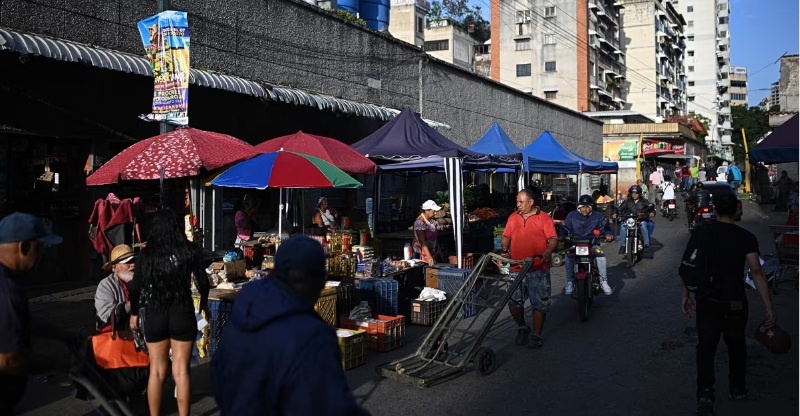
Venezuela’s continued economic hardship outweighs geopolitical tensions
For millions of Venezuelans, the pressing challenges of daily life overshadow the geopolitical tensions ignited by the deployment of US warships to the southern Caribbean in August. While the US government asserts that its mission is aimed at combating drug trafficking, Venezuelan authorities suspect it may be an attempt to destabilize President Nicolás Maduro’s regime. However, for citizens like Samuel Carreño, the immediate concern is the country’s collapsing economy rather than international disputes. Carreño, a 49-year-old informal worker from Petare, has faced a personal crisis that has disrupted his life. Since his 75-year-old mother, Tita Carreño, suffered a fractured femur in August, he has been unable to work, dedicating his time to her care. As an informal laborer living paycheck to paycheck, a medical emergency poses an insurmountable financial burden. ‘The hospital demanded $3,000 for the surgery,’ Carreño explained, a sum his family struggled to gather even after negotiating a reduced fee. Carreño’s daily struggles underscore the nation’s crumbling infrastructure. He must heat water on a gas stove for his bedridden mother because their home, shared by five people, lacks a water heater. Additionally, running water is rationed, available only three days a week, forcing him to store dozens of buckets to meet their needs. This personal hardship is set against a backdrop of severe economic instability. In the two months following the US warship deployment, the Venezuelan bolivar lost 50% of its value against the US dollar, according to the Central Bank. For many Venezuelans, the fear of political persecution and perpetual economic decline outweighs concerns about external conflict. As the aunt of a political detainee, held without charges since September 2023, remarked when asked if she feared a military overthrow: ‘Afraid of what? Wars eventually end, but my fear is being trapped here forever, abandoned by our allies in this struggle.’
